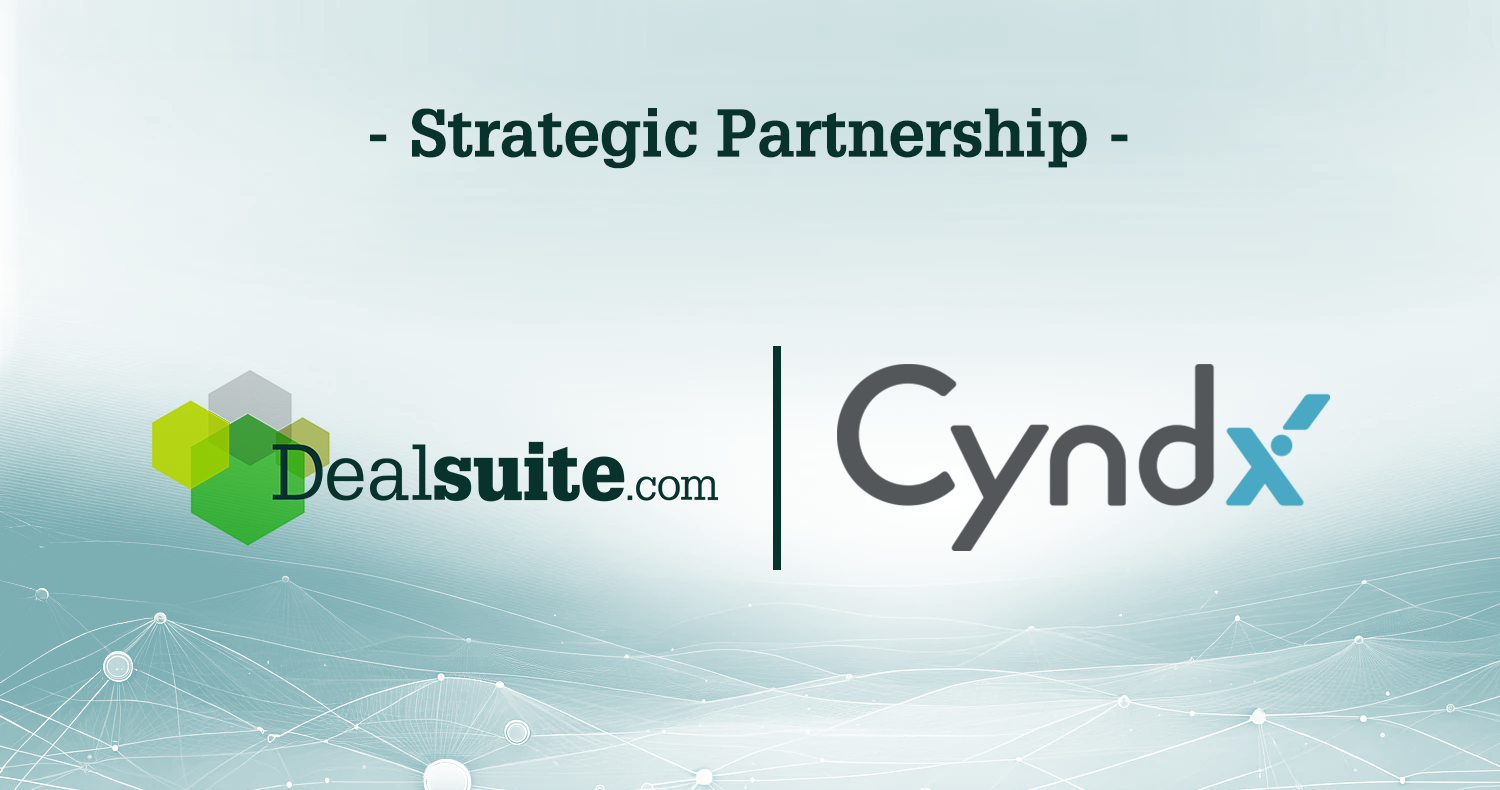The power of staying “cautiously greedy” in M&A
My 2023 outlook for M&A remains that despite uncertainty, there are big opportunities. But these will only be seized by companies brave enough to step from their comfort zones in H1.
This is a challenge, but to butcher the famous Warren Buffett quote, if you can be greedy when others are fearful, you stand a chance of pocketing out-sized returns. For all asset classes, in times of fear, greed is (usually) good.
In its Global M&A Report 2023, Bain looked at the Great Financial Crisis (GFC) of 2008 and examined what that time of uncertainty and fear can teach those of us in M&A about how to work, how to act, and how to feel today. Bain’s findings added some nuance to the “greed is good” message. I’m not sure if Gecko would agree, but “cautiously greedy” has a ring to it.
The curse of the herd
Like during the GFC, fear has been haunting M&A in recent months. Valuations have been falling, the cost of debt rising, banks have failed. Corporate M&A has, in large part, stalled and the outlook remains unclear.
As in any of life’s iterations, acting solo in the face of fear feels unnatural. Evolution urges us to follow the herd. Keynes coined the term “animal spirits” to define these shared traits. Nietzsche surmised how in the herd, “everybody wants the same.” Most fail to escape these urges, especially when so much of our lives are lived in echo chambers, being fed the same diet of info and news.
This is why a herd mentality is so dangerous for investors, especially in times of fear. Animal instincts erode independence and cloud rational judgement.
Fear and dreaming
In the late ‘90s, I remember a poster taped to my bedroom wall. Above the image of a breaking wave, a cliche declared how we mustn’t let fear stand in the way of our dreams. Surfing a big wave. Asking someone on a date. Taking a new job. They all involve fear. But surfing, dating, and finding your dream job are all worth the risk and the fear.
It may sound glib, but a teenager in 1999 and an M&A exec in 2023 share similar emotions. Today, given the current climate, it may not feel natural to step beyond the safe boundaries of organic growth and execute a strategy of acquisitions. But Bain (and McKinsey) believe practitioners who look beyond fear and seize the moment will reap rewards:
History tells us that winners don’t pause M&A during downturns, rather they take advantage of opportunities to reshape their industries. Companies that move quickly when others hesitate are rewarded.
It is through this prism of fear/greed that contrarian investment titans (Ackman, Buffett, Soros, Marks) view the world. It’s how they make money. They feel fear and push against it.
The time eroder
To clarify, pushing against fear doesn’t mean disregarding it. It means that when you feel fear, you know to act more cautiously, but you remain in motion. The danger is that if fear slows you down, it destroys your most valuable commodity: time.
In nature, animals that live in areas inhabited by predators spend less time foraging because they spend more time on guard. And rightly so, in part, as predators are no joke. John Coates makes the point about fear being a distraction when he talks about human evolution in his book, The Hour Between Dog and Wolf:
“We process more information in the lower half of our visual field because there is normally more to see on the ground than in the sky… this comes in handy when assessing the number of opponents in battle.”
In M&A, we all only have 12 months a year, careers are short, and the competition is fierce. You can’t be distracted and sit on the sidelines for long, letting opportunities pass you by.
Crisis? What crisis?
I was lucky enough (/old enough) for my first day at Barclays in London to have been 15th Sept 2008, the day employees of Lehmann Brothers were packing the contents of their desks into shoeboxes. Fear levels rocketed. Everyone thought their jobs were gone. Many believed the world was over. But, despite some pain (most for people far from financial services), the majority stayed employed and the sun came up on the 16th.
The GFC was magnitudes worse than what we’ve been living through today but there are similarities. As in ‘21 and ‘22, M&A deal volumes before ‘08 were at record highs (+40% from the dot.com era). The crash initiated a seismic downshift and caused many to halt buying programmes. An understandable reaction, grounded in evolution.
However, history shows how corporates that remained consistent and sought expansion rather than survival in 2008-2010 outperformed those who didn’t.
Cautiously greedy
In M&A, uncertainty shouldn’t make us careless. Like animals in predator-rich environments, there are risks. But if we meet these with caution but no less activity, we can reap rewards. That should be the lens through which corporates view M&A for the remainder of 2023.
“Cautiously greedy” is a useful motto. History supports this, with Bain citing how cos that were acquisitive before the GFC performed best by staying active, with acquisitive cos returning 6.1% compared with 3.8% for those who moved to the sidelines (as further evidenced by this HBR study). Bain notes:
In the long run, companies that executed at least one deal per year during the economic downturn earned 120 basis points more in total shareholder returns than companies inactive in M&A.
Fear-fighting cos who navigated the GFC with caution, optimism and consistency won out. When the sea gets rough, nature screams at us to head for land but great surfers paddle on. A failure to recognise the M&A opportunities in the market today means missing the benefits.
A model example
A great example of a company showing courage during uncertain times can be found if we look at Lego’s strategy during the GFC. It chose to invest in infrastructure and in acquisitions to drive growth and get ahead of competitors, who, along with the toy industry, had stalled.
This adventurous philosophy was further tested in recent years, but the Lego leadership (still its founding family), continued to invest through COVID (helped by Lego’s boom in lockdown popularity), and through 2022, driving growth across the company.
By staying bold, and positioning itself for expansion, Lego got ahead by being open to possibilities. As Bain wrote back in 2009, recessions present rare M&A opportunities. Lego is a model example of excellent leadership that chose to take advantage of them.
Leading by exemption
Shakespeare’s Henry VIII tells us, “things done well and with a care, exempt themselves from fear.” M&A leaders should keep this in mind as they navigate the remainder of 2023.
Externalities, such as inflation, geopolitics and bank collapses, will slow and scare us. The animal within will want to play it safe. The trick is to exempt yourself by leaning on what you were doing before fear took hold. Consistently repeating actions leads to progress. The courage to stay in the fight is rare – but it can lead to “Generation-defining Success” (a subject we’ll discuss further in an upcoming thought piece).
And that’s why, as we move through 2023, corporate M&A teams must stay courageous, consistent and cautiously greedy. The research of Bain and McKinsey has proven it. History has shown it. Lego epitomises it. And the cliched poster on my teenage bedroom wall told me that, even when faced with fear, you must keep paddling, stand up and surf the wave.

.svg)

.svg)

.svg)

.svg)





